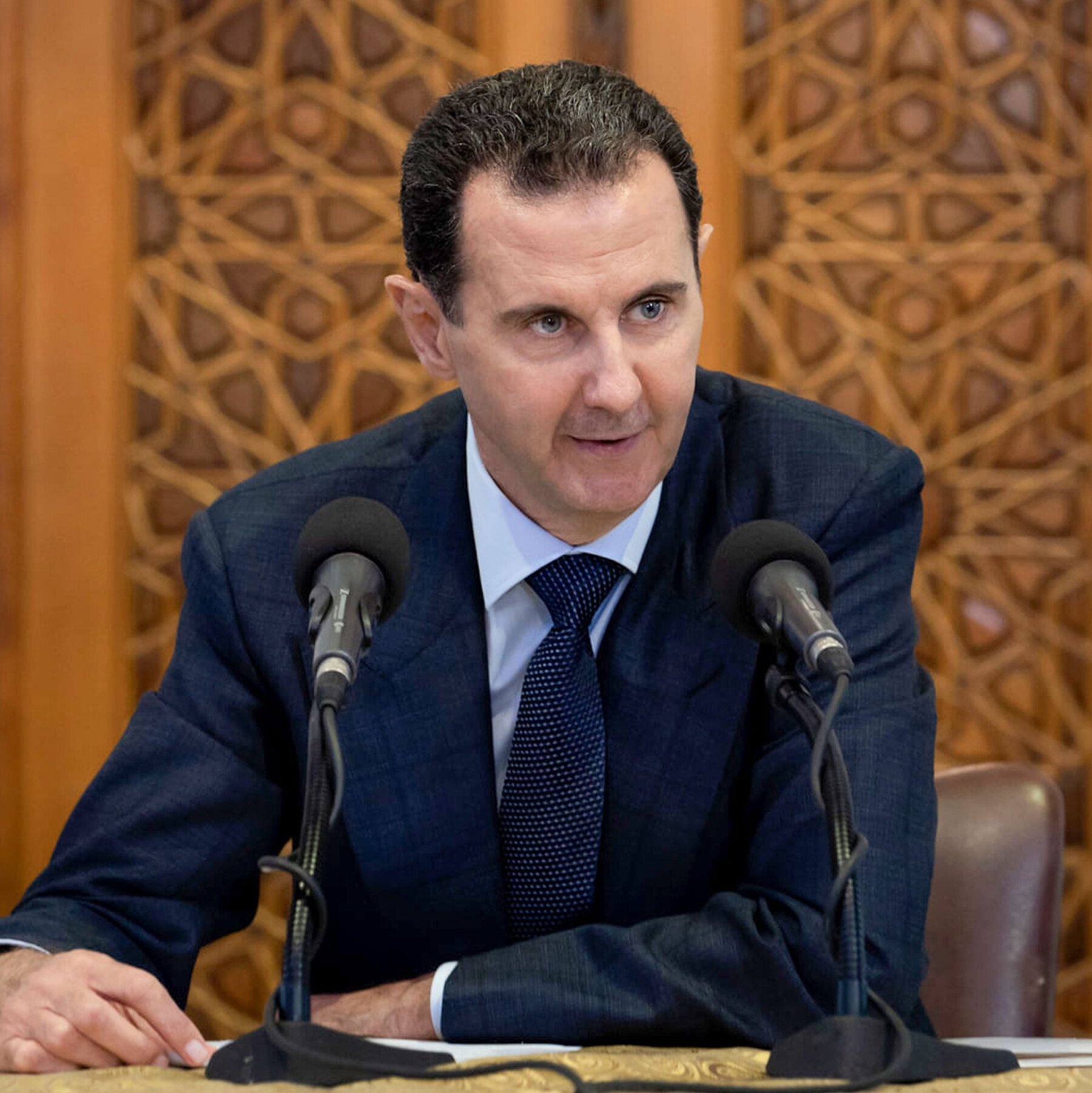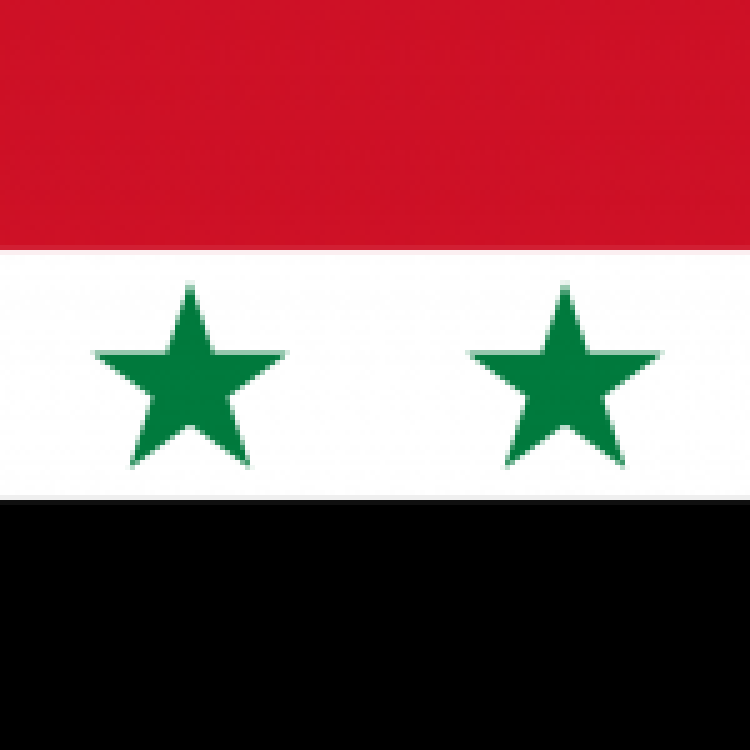 A French court has issued an international arrest warrant for the Syrian leader Bashar al-Assad for complicity in war crimes against humanity linked to a chemical weapons attack.
A French court has issued an international arrest warrant for the Syrian leader Bashar al-Assad for complicity in war crimes against humanity linked to a chemical weapons attack.
Three others – including Assad’s brother Maher, head of an elite army unit – are also subject to warrants over the use of banned sarin gas in two attacks in August 2013 that killed more than 1,000 people, including hundreds of children.
.The move was a major step to hold Mr. al-Assad and his circle accountable for some of the worst atrocities committed in the yearslong Syria conflict.
In the absence of any international court or tribunal that has jurisdiction over Syrian crimes, a patchwork of efforts for accountability has been underway for some time. Several countries, including Germany, Sweden and France, have launched prosecutions of individuals — mostly of low-level members of the Syrian security forces.
A special war crimes unit in the French judiciary has been investigating a complaint against Mr. al-Assad and his close associates that was filed in March 2021 by three international human rights groups.
Campaigners seeking justice for the killings hailed as “a historic moment” what is believed to be the first time a sitting head of state has been the subject of an arrest warrant in another country for crimes against humanity.
“The French judiciary’s issuance of arrest warrants against the head of state, Bashar al-Assad, and his associates constitutes a historic judicial precedent. It is a new victory for the victims, their families and the survivors, and a step on the path to justice and sustainable peace in Syria,” said the lawyer Mazen Darwish, founder and director general of the Syrian Centre for Media and Freedom of Expression (SCM), a civil party to the case.
The arrest warrants make the legal charge of complicity in crimes against humanity and war crimes against all four.
Steve Kostas, senior managing lawyer at the Open Society Justice Initiative, said: “This is the first time a sitting head of state has been the subject of an arrest warrant in another country for war crimes and crimes against humanity.
“This is a historic moment – with this case, France has an opportunity to establish the principle that there is no immunity for the most serious international crimes, even at the highest level.”
The attacks happened in the early hours of 21 August 2013 in the district of Ghouta in the eastern suburbs of Damascus controlled by opposition rebels, and almost led to American intervention in the civil war.
Read more here


